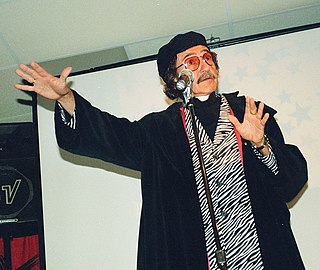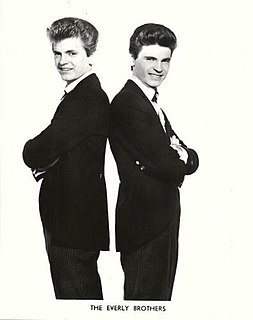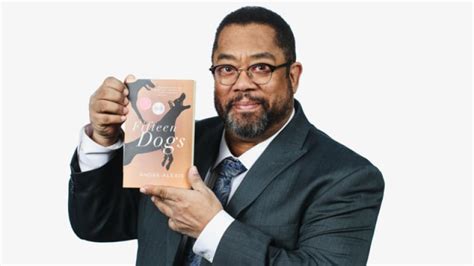A Quote by Henry Rollins
All good writers inspire me as I have never thought I was any good. As far as a writer who made me think I could do it, it was Henry Miller. Not because I thought he was so simple that I reckoned I could pull it off as well, but it was his freedom and guts that really moved me to want to write all the time.
Related Quotes
I can't stress enough how important it is to write bad songs. There's a lot of people who don't want to finish songs because they don't think they're any good. Well they're not good enough. Write it! I want you to write me the worst songs you could possible write me because you won't write bad songs. You're thinking they're bad so you don't have to finish it. That's what I really think it is. Well it's all right. Well, how do you know? It's not done!
I was influenced by autobiographical writers like Henry Miller, and I had actually done some autobiographical prose. But I just thought that comics were like virgin territory. There was so much to be done. It excited me. I couldn't draw very well. I could write scripts and storyboard style using stick figures and balloons and captions.
You can always veer off the path, that's one thing that has really comforted me over the past year. When you think, 'I can't do something because of this, this and this,' you can actually do anything you want. I could go ballistic right now and tear this whole room apart. I could. I'm not going to, because logic is stopping me, but you can do whatever you want. You really can veer off any path at any time - never give up.
What makes me feel good is all of the people that rooted for A.I. get a chance to say, 'He did what you never thought he could do. The critics. He did what you never thought he could accomplish.' This is a moment that me and my fans and my family and friends can share together because we always believed in the dream.
My sophomore English teacher encouraged me to write for the school paper, and that's what got me started. Suddenly it struck me that being a writer could be a romantic and adventurous position. Previously, I had thought I would be a tennis pro, giving lessons at a local club. I thought that would be a good life, and it might have been.
There were always men looking for jobs in America. There were always all these usable bodies. And I wanted to be a writer. Almost everybody was a writer. Not everybody thought they could be a dentist or an automobile mechanic but everybody knew they could be a writer. Of those fifty guys in the room, probably fifteen of them thought they were writers. Almost everybody used words and could write them down, i.e., almost everybody could be a writer. But most men, fortunately, aren't writers, or even cab drivers, and some men - many men - unfortunately aren't anything.
You had to stay awake married to him [Humphrey Bogart]. Every time I thought I could relax and do everything I wanted, he'd buck. There was no way to predict his reactions, no matter how well I knew him. As he'd said before our wedding, he expected to be happily married and stay that way, but he never expected to settle down. He liked keeping people off balance. He was good for me -- I could never be quite sure what he would do.
Of course, then you nearly crushed to death in front of my eyes. Later I thought of a perfectly good excuse for why I acted at that moment - because if I hadn't saved you, if your blood had been spilled there in front of me, I don't think I could have stopped myself from exposing us for what we are. But I only thought of that excuse later. At the time, all I could think was, 'Not her.
I always knew I was a writer. And I always thought to myself, 'Well, why not me?' Someone has to be on the best-seller list, 'Why not me?' Someone has to write for the 'New Yorker,' 'Why not me?' And I didn't really get much positive reinforcement as a kid, so I thought, 'Well let me show you what I can do.'
Going to the school to meet the visually impaired was special. I thought I was inspiring them. I was thinking what I could possibly say to inspire them. Instead of me inspiring them, I felt they inspired me. They showed me how much courage they have, and how hard these teachers are working for these children. They made me feel like I don’t have any problems in life. It gave me uplift. They made me feel so great.
The book it reminded me of most is Henry Miller’s The Books in My Life. Like Miller, Shields manages to convey his affection for and admiration of literature, and that, the enthusiasm and admiration, can revitalize the reader’s love for the art form. I’m grateful for How Literature Saved My Life because the book has made me think again – and for the first time in a while – 'Well, what is it we do when we read?' It’s a damned annoying question, but it needs to be asked now and then, and Shields has asked it in a way I find resonant and moving.




































